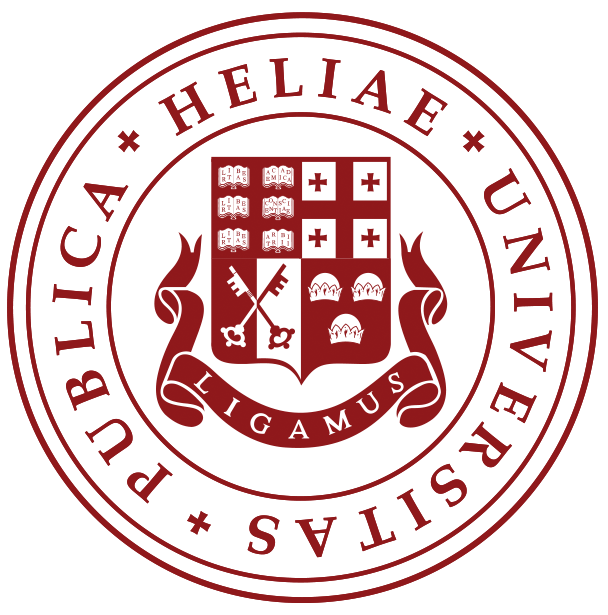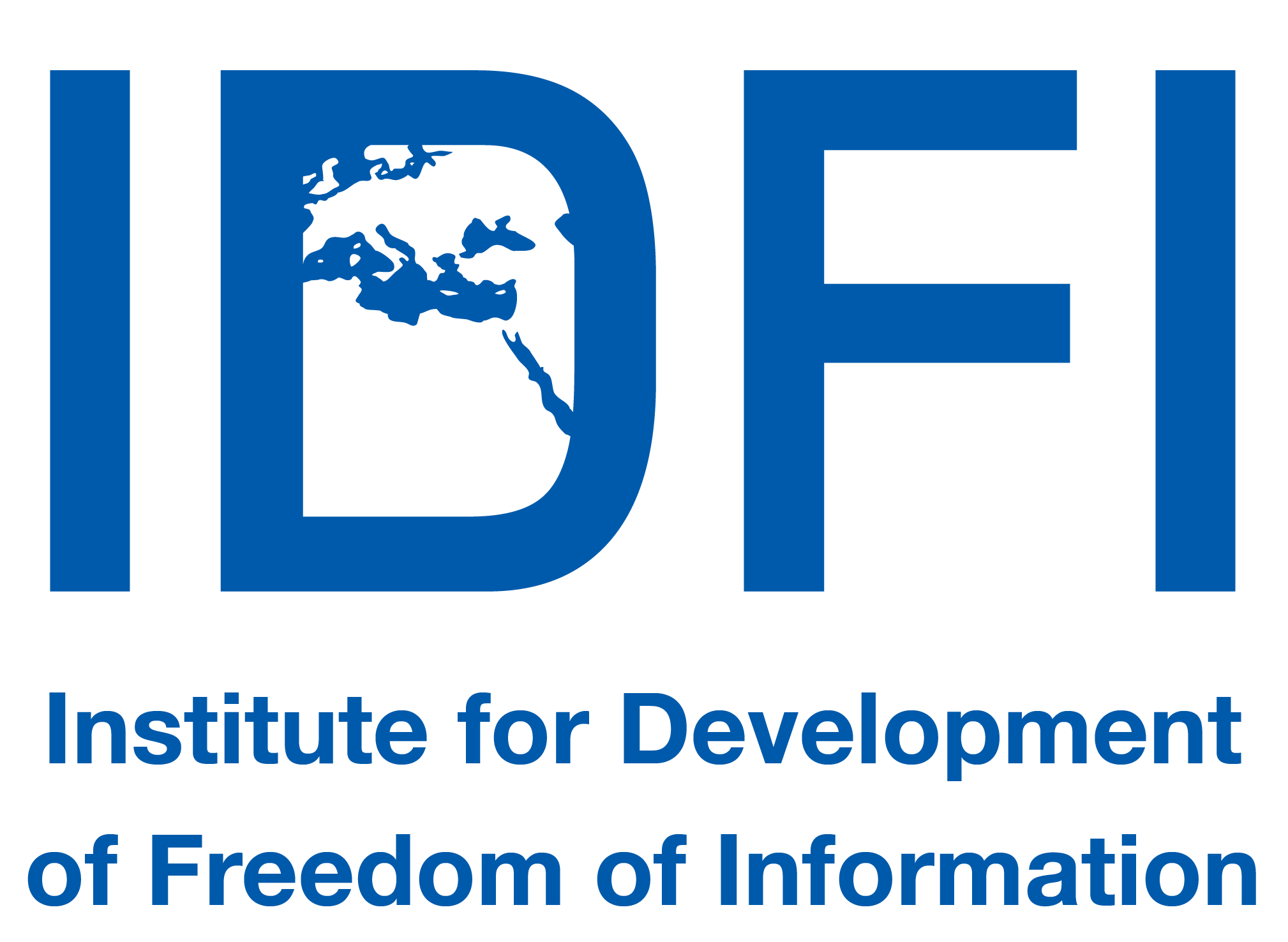




Within the scope of the Educational Certification Program in Fighting Corruption, the Institute for Development of Freedom of Information (IDFI) has renewed the terms of the Memorandum with the Ilia State University. Under the new memorandum, the Modules of the Certification Program in Fighting Corruption have been transformed into the academic courses of the Faculty of Arts and Sciences of the Ilia State University. These Modules will be open to the studentsof the above-mentioned faculty, as well as to the Program participants selected through a competition.
Students of Ilia State University will have the opportunity to receive ECTS and certificates in case of high academic achievement, while students of other universities selected as a result of the competition, representatives of the state, non-governmental and private sectors, will receive certificates upon successful completion of the program.
A total of 4 academic courses will be developed within the framework of the memorandum. In particular, on Bachelor's degree, the courses, including Good Governance and Corruption, and Politics and Corruption will be offered, while in the Master's degree program the courses in Anti-Corruption Policy Management in Public and Private Institutions and Fight against Corruption - International Actors, Anti-Corruption Platforms will be provided. In contrast to the first year of the Certification Program in Fighting Corruption, up to 100 participants will have access to academic courses in total.
The memorandum also provides the possibility of conducting courses remotely in case of worsening the epidemiological situation.
The Educational Certification Program in Fighting Corruption is financially supported by the Open Society Institute Budapest Foundation (OSI) and is co-financed by the Open Society Georgia Foundation (OSGF).